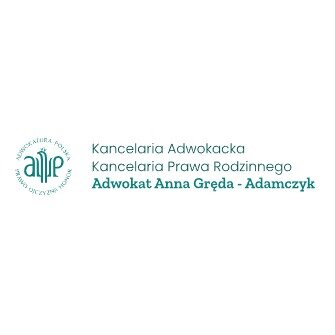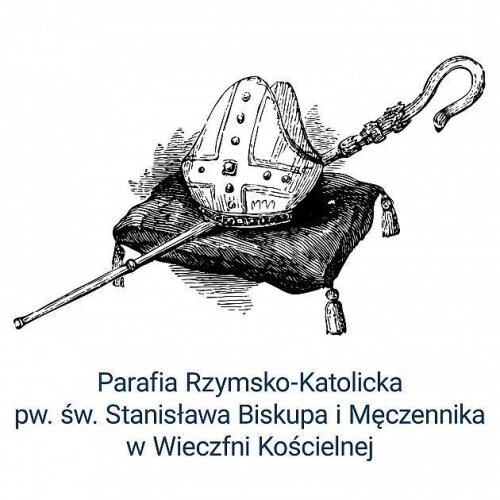Best Elder Abuse Law Lawyers in Poland
Share your needs with us, get contacted by law firms.
Free. Takes 2 min.
Or refine your search by selecting a city:
List of the best lawyers in Poland
About Elder Abuse Law in Poland
Elder abuse law in Poland is designed to protect older adults from various forms of abuse, including physical, emotional, financial abuse, and neglect. As Poland's population ages, there is a growing need to address issues pertaining to the mistreatment of elderly individuals. The legal framework incorporates provisions from both criminal and civil law to ensure elder protection. This includes penalizing offenders and offering remedies for victims through social and legal support systems.
Why You May Need a Lawyer
Individuals may require legal assistance in elder abuse cases for several reasons. Common situations include identifying signs of abuse or neglect in an elderly family member or friend, when facing financial exploitation of an elderly individual's assets, or if needing to address mistreatment in care facilities. Legal expertise is crucial for ensuring that the rights of the elderly are protected and for pursuing proper legal action against perpetrators.
Local Laws Overview
Key aspects of local laws relevant to elder abuse in Poland include the Polish Penal Code, which criminalizes acts of physical harm, neglect, and financial exploitation. Civil law also plays a role, particularly in areas concerning guardianship and protecting the financial interests of the elderly. Social welfare laws provide provisions for protective measures and may invoke intervention from social services if abuse is suspected. Additionally, there are regulations regarding care standards in facilities for the elderly which are strictly monitored and enforced.
Frequently Asked Questions
What is considered elder abuse in Poland?
Elder abuse can include physical, emotional, or sexual harm, neglect, and financial exploitation. It is any action or lack of action that causes harm or distress to an older person.
How can I report elder abuse in Poland?
You can report suspected elder abuse to local social services, the police, or through dedicated hotlines designed to address elder abuse issues.
Are there specific signs I should look for in elder abuse cases?
Typical signs include unexplained injuries, sudden financial difficulties, poor hygiene, withdrawal from social interactions, and changes in behavior or mood.
What are the legal consequences for someone found guilty of elder abuse in Poland?
Consequences vary based on the severity of the abuse but can include fines, imprisonment, and civil liabilities to compensate the victim for damages incurred.
Can elder abuse occur in institutional settings?
Yes, elder abuse can occur in settings like nursing homes or care facilities where standards of care might not be appropriately met.
What role do social services play in preventing elder abuse?
Social services in Poland are mandated to provide protection and support to the elderly, including monitoring facilities, offering assistance, and intervening in cases of suspected abuse.
Is financial exploitation of the elderly penalized under Polish law?
Yes, financial exploitation is penalized under Polish law, which includes any unlawful use of an elderly person's assets or finances.
Can family members be held responsible for elder abuse?
Family members causing harm to an elderly individual can be prosecuted and held liable under the law.
What legal resources are available for victims of elder abuse?
Victims of elder abuse can access legal aid through non-governmental organizations, legal clinics, and state legal assistance programs.
How can I help someone who might be a victim of elder abuse?
You can help by reaching out to local authorities, social services for an evaluation, and ensuring the victim is aware of their legal rights and available resources for support.
Additional Resources
For further help, consider contacting local governmental social services. Non-profit organizations like the Polish Ombudsman for Human Rights offer guidance and support. Additionally, legal aid clinics and older persons' advocacy groups can provide assistance and representation.
Next Steps
If you require legal assistance with elder abuse issues, begin by documenting any observed signs of abuse and gathering relevant information. Contact a lawyer specializing in elder law or reach out to legal aid organizations for advice. It's essential to act swiftly to protect the well-being of the elder involved and to seek the necessary legal remedies available under Polish law.
Lawzana helps you find the best lawyers and law firms in Poland through a curated and pre-screened list of qualified legal professionals. Our platform offers rankings and detailed profiles of attorneys and law firms, allowing you to compare based on practice areas, including Elder Abuse Law, experience, and client feedback.
Each profile includes a description of the firm's areas of practice, client reviews, team members and partners, year of establishment, spoken languages, office locations, contact information, social media presence, and any published articles or resources. Most firms on our platform speak English and are experienced in both local and international legal matters.
Get a quote from top-rated law firms in Poland — quickly, securely, and without unnecessary hassle.
Disclaimer:
The information provided on this page is for general informational purposes only and does not constitute legal advice. While we strive to ensure the accuracy and relevance of the content, legal information may change over time, and interpretations of the law can vary. You should always consult with a qualified legal professional for advice specific to your situation.
We disclaim all liability for actions taken or not taken based on the content of this page. If you believe any information is incorrect or outdated, please contact us, and we will review and update it where appropriate.
Browse elder abuse law law firms by city in Poland
Refine your search by selecting a city.














